INCLUSION: SELF-ASSESSMENT REPORT

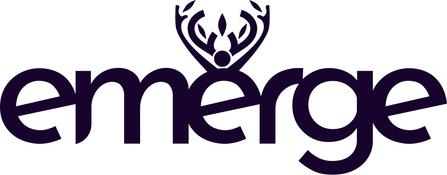








Elevated Minds Embracing Righteousness And Gaining Equality (E.M.E.R.G.E.) grounds its philosophy in the existential witness propounded by Hip Hop culture. Our organization approaches issues of aesthetics, culture, economics, sociology, philosophy, and psychology purely from a Hip Hop perspective, which is viewing the latter concepts with critical, inclusive, intellectual, and progressive lenses From its inception, Hip Hop is the prototype of avant-garde forms of expression. Diverse voices from around the world have found a home within the music after hearing the siren songs of America’s urban and agrarian youth: the reverberations of pain and affirmation universally ring true. Beginning as an art form, Hip Hop is now a philosophical tool for creating a vocabulary, analyzing, and disseminating ideas about the world in which we live EMERGE uses Hip Hop as a tool for education, communal development, activism, critical thinking, humanization, and social reconstruction
EMERGE is a non-profit organization dedicated to developing future leaders from marginalized communities using Hip Hop to bridge critical reading & writing improvement, college readiness, socio-emotional literacy, and professional development

Our mission is to develop and produce future leaders from marginalized communities using Hip Hop as a tool to raise social awareness and to affect a more equal and just transformation of society.
We are guided by the core values of:
1
Literacy is the path to freedom
2
Inspiring community/college/industry collaboration.
3
Building sustainable communities is vital to the survival of the next generation.
4 5
Social and contextual awareness leads to social transformation
Success comes through developing knowledge of self.


is a race-conscious professional development pathway that connects researchers, leaders, staff, instructors, organizers, stakeholders, and college policymakers to identify and eliminate structural barriers to equity, diversity and inclusion (EDI) in K12 & Higher Education organizations The Intellectual Justice Institute will help to fill the gap of equity-minded PD opportunities, especially for faculty who are interested in learning how to build equity capacity in the classroom. Upon completing the Institute, participants will receive an Equity Literacy Certificate. Throughout the pathway, participants will gain access to:
networked improvement community as a resource for developing


On May 26, 2023 faculty and employees at California State University, Northridge (CSUN) participated in the EMERGE Intellectual Justice Institute’s Racial Healing Circle. The goals of this professional development pathway are: to increase student and employee sense of belonging across campus; to foster meaningful relationships between employees and students; and to increase the amount of community educators who complete at least five hours of professional development (PD) rooted in equity, diversity, and inclusion and antiracial bias training.
In response to the growing misinformation and opposition to cultural diversity, equity and inclusion PD opportunities in education and professional development nationwide, administrators took proactive steps to raise awareness about the practical use-value raceconsciousness serves in professional and academic settings. EMERGE, Los Angeles provided a PD pathway for CSUN employees beginning with Racial Healing Circles What follows are the results from 22 m the EMERGE Inclusion: Self-
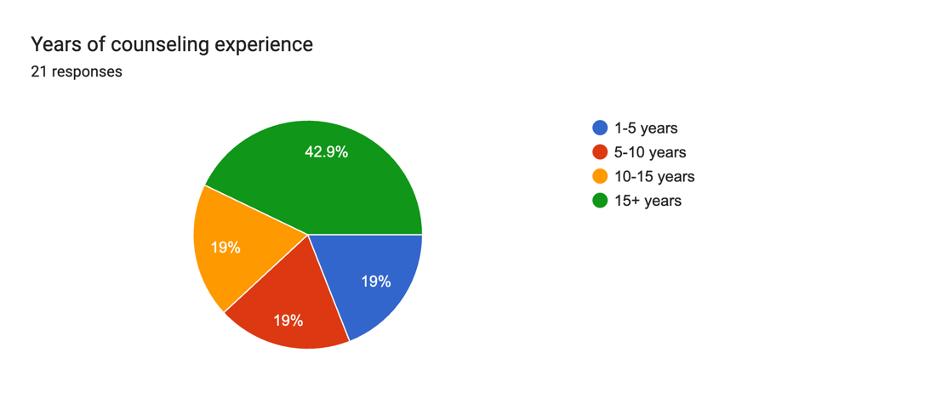
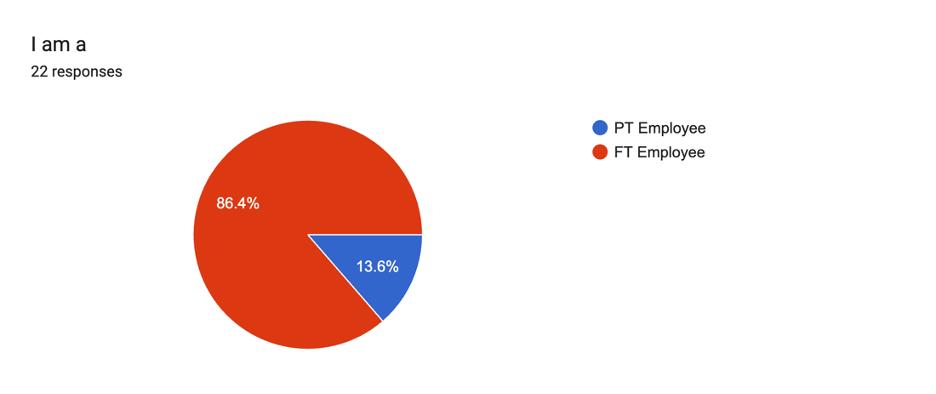

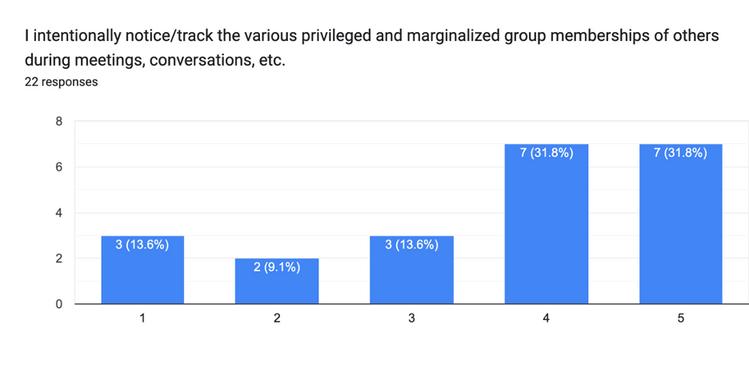
Section A- Using an Inclusion Lens to both observe and respond effectively to group dynamics.
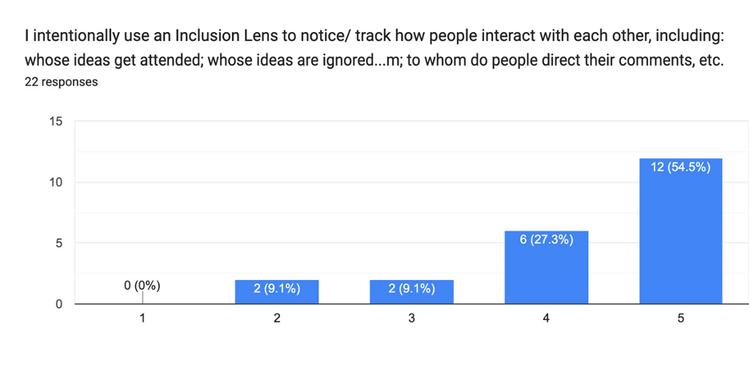

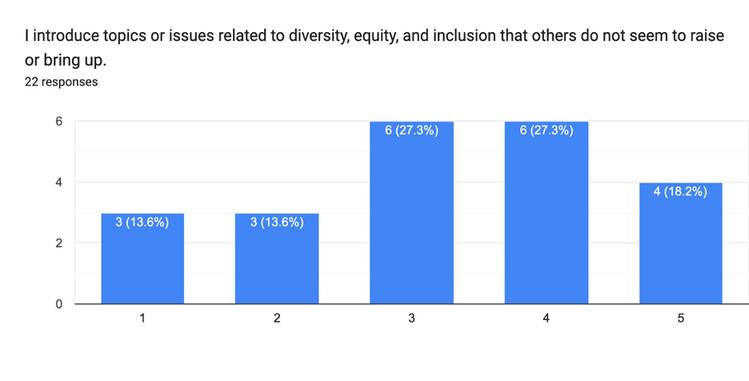
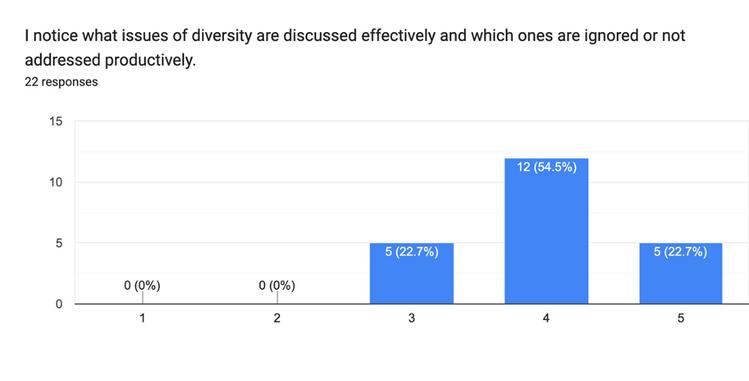
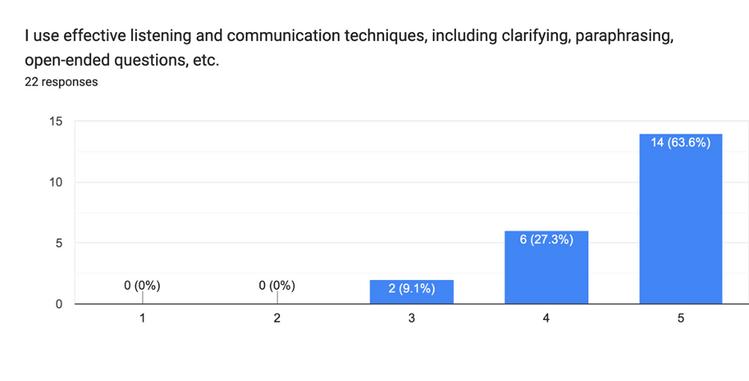
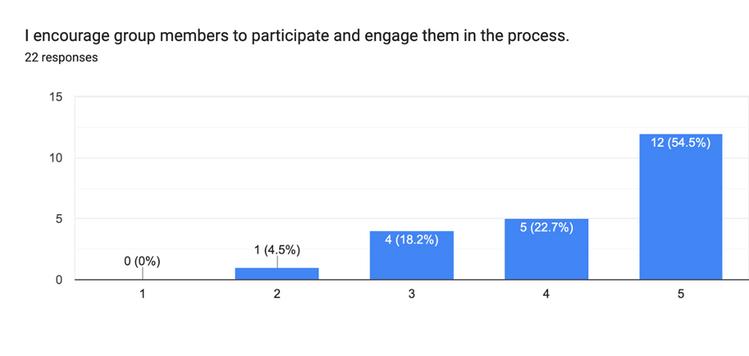
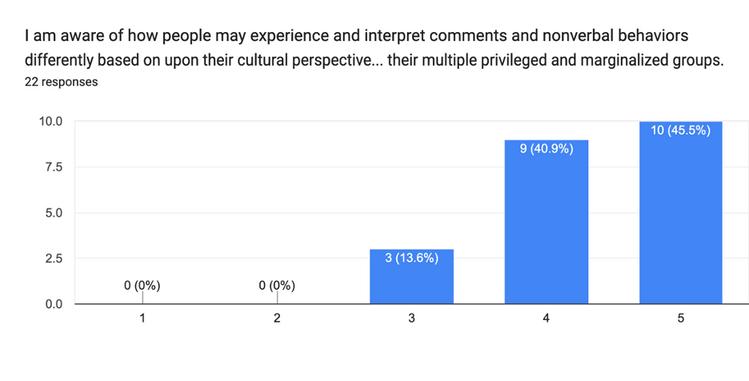

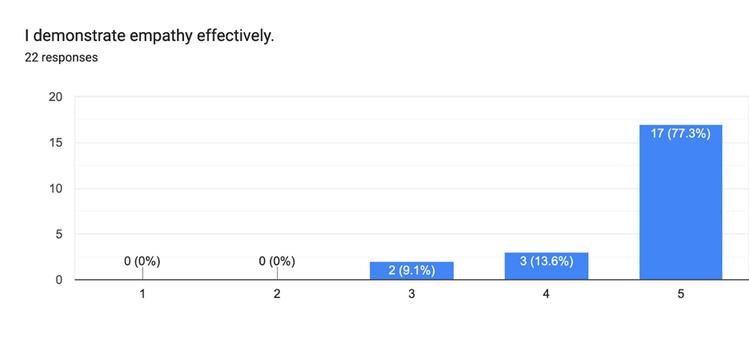
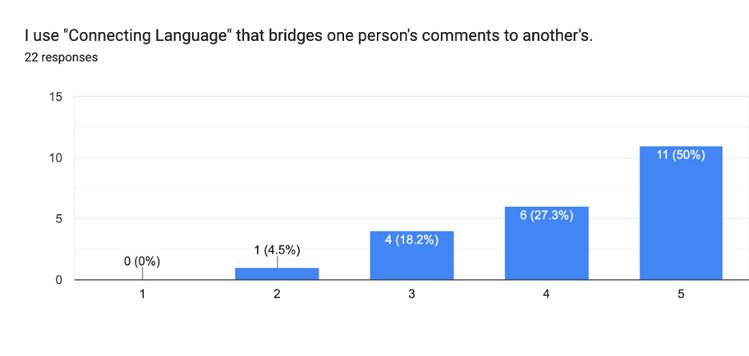
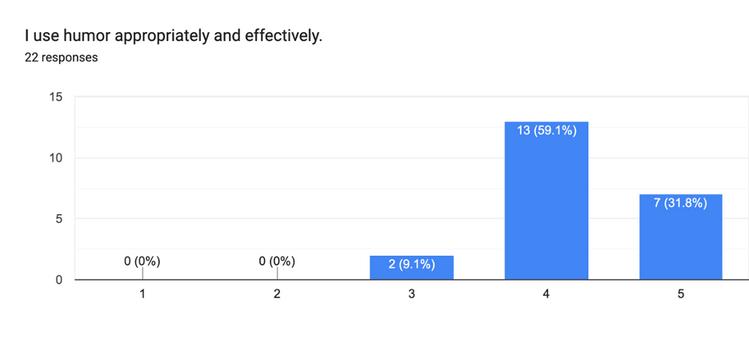


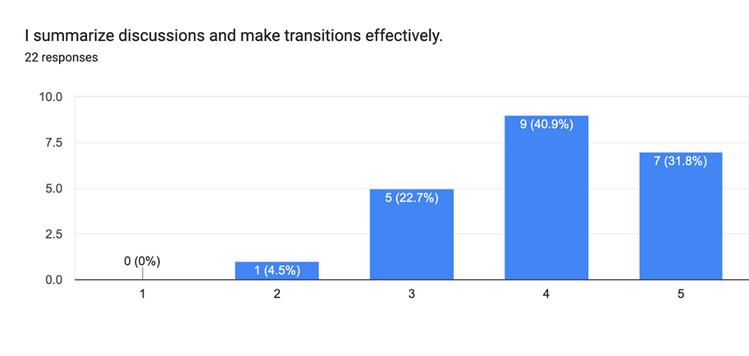
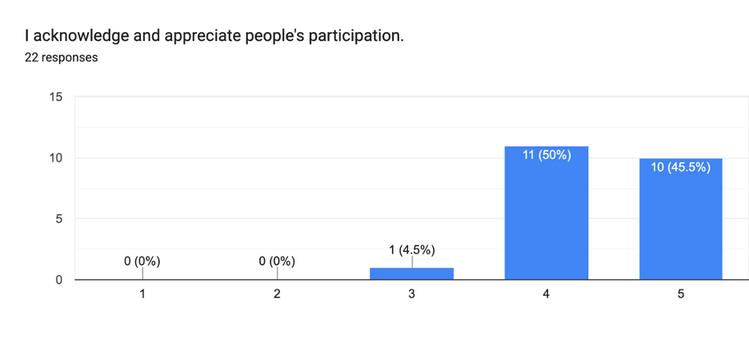

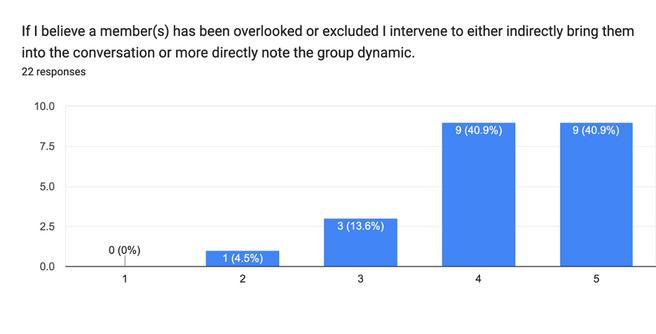
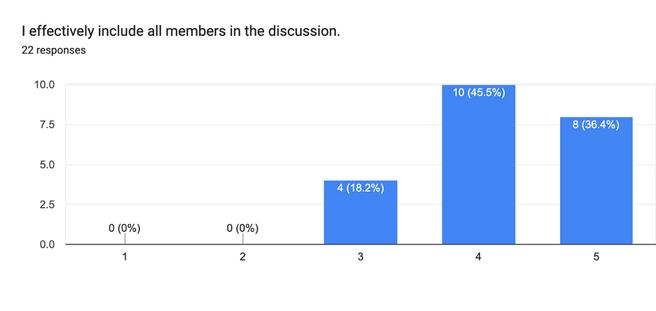
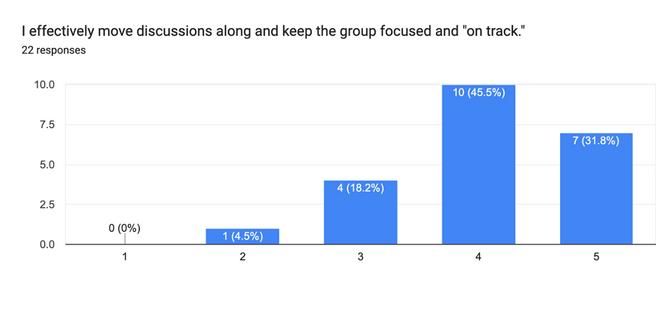
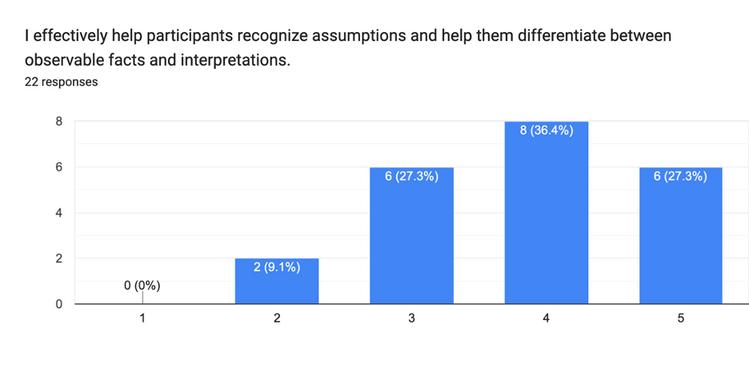
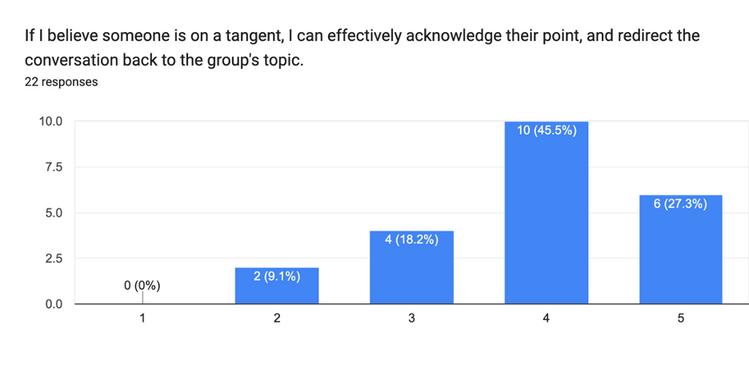
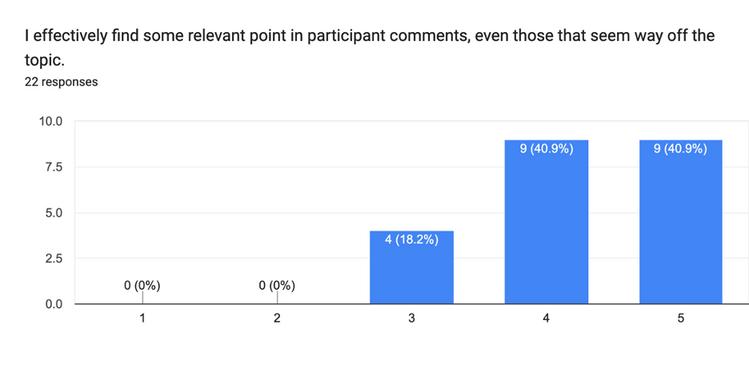
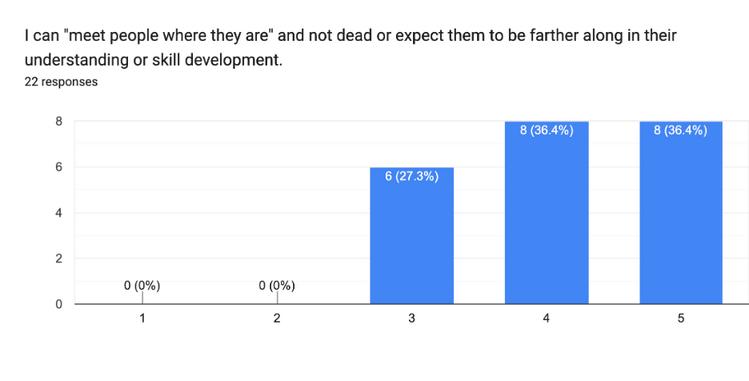
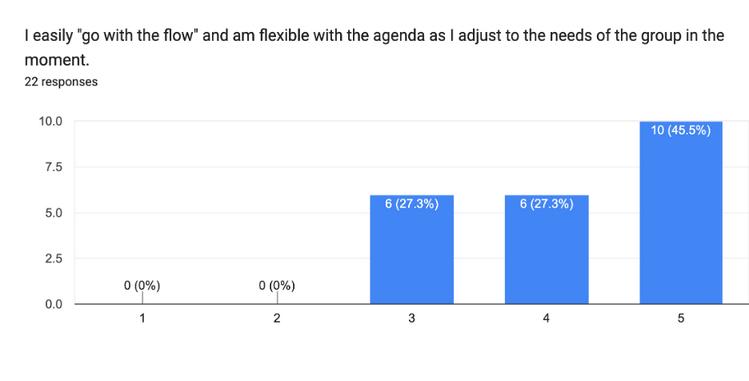
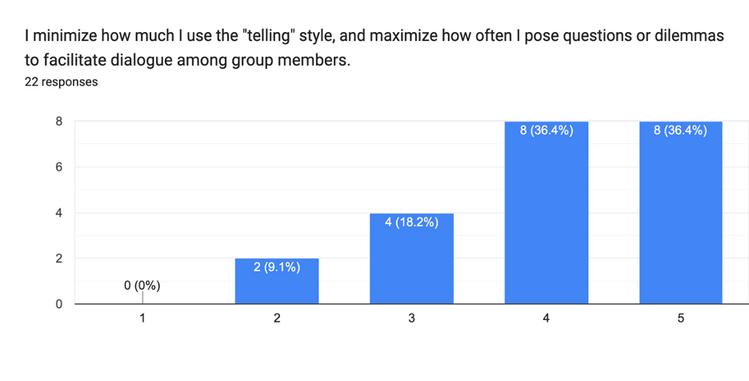
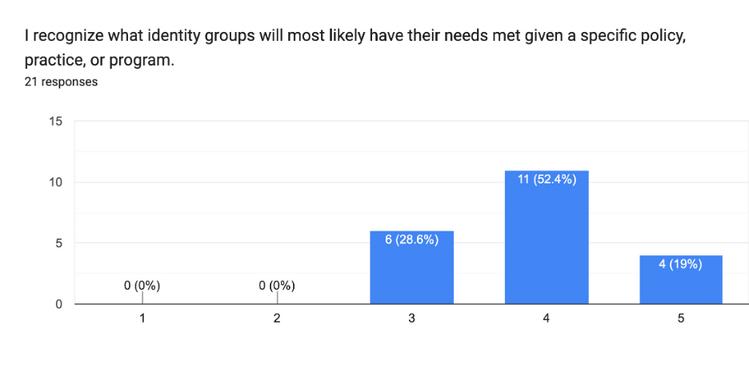
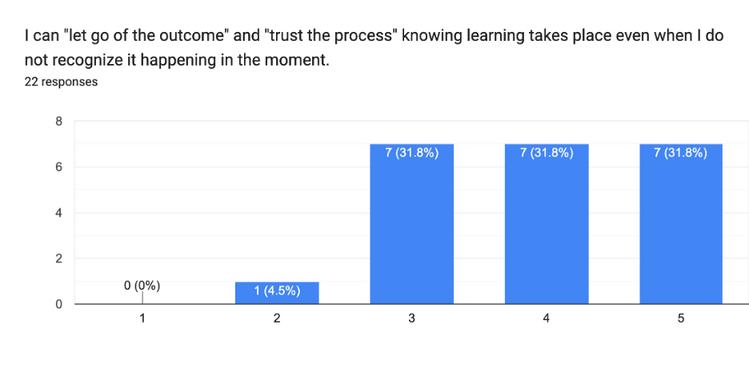
Section C- Use an Inclusion Lens to analyze current policies, practices, services, programs, and marketing/media
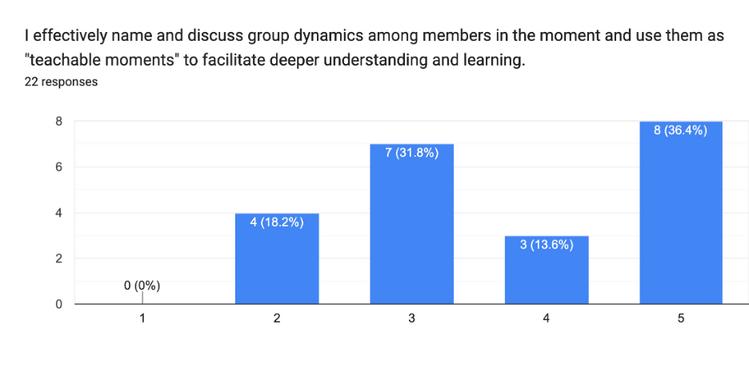
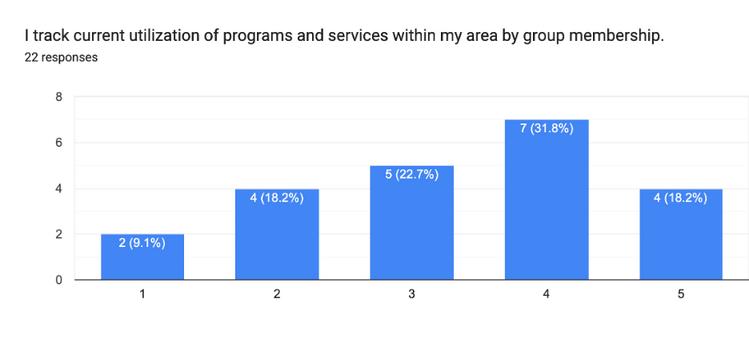

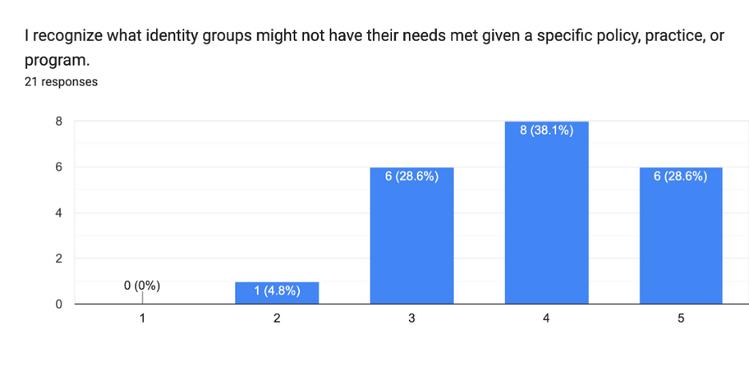

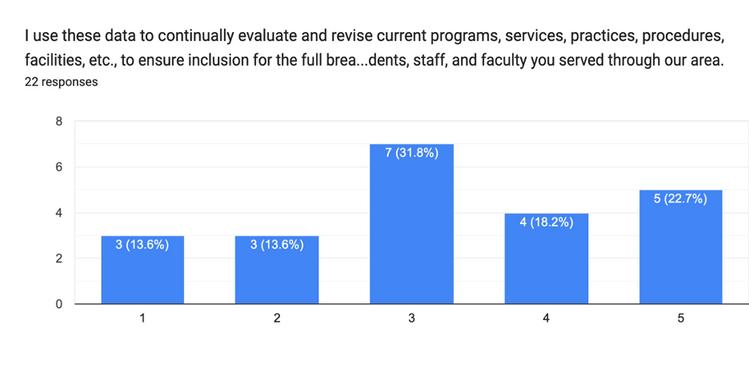
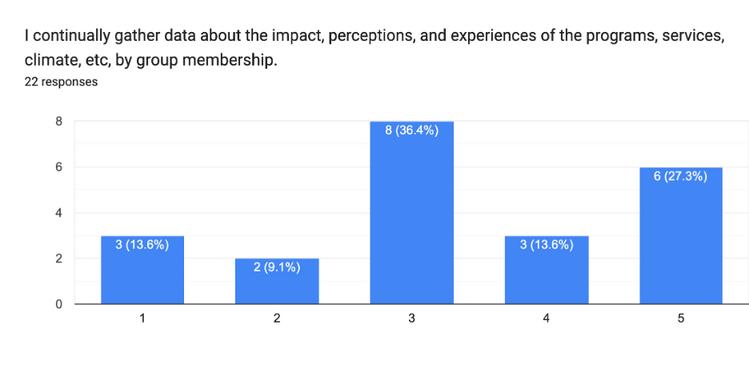
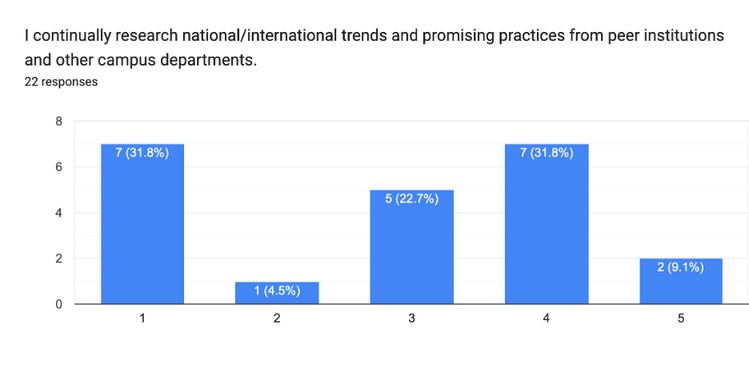
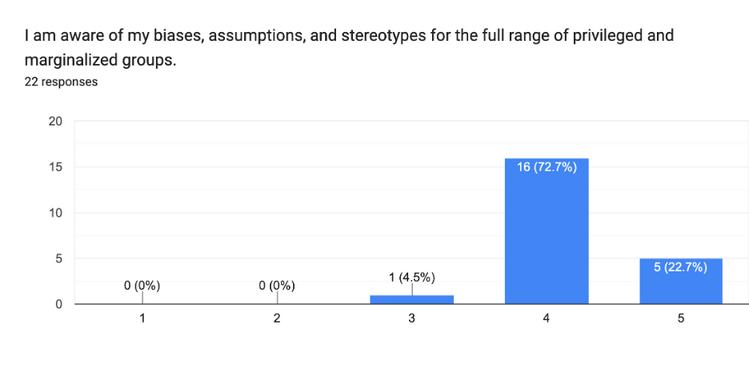
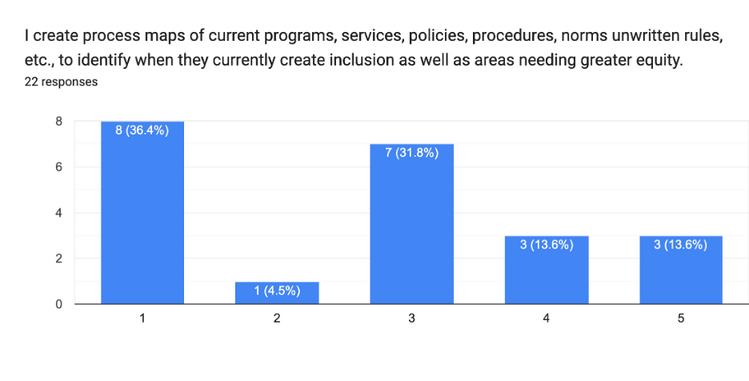

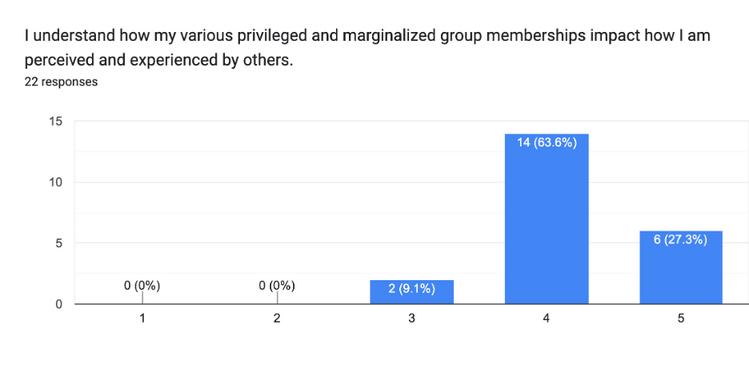
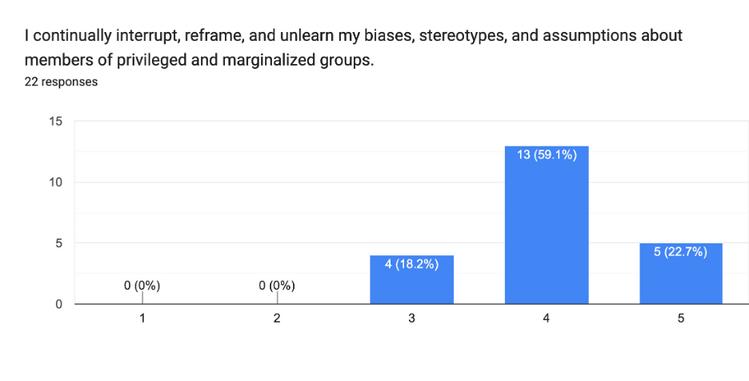
The goals of this self-assessment aimed to measure participant perceptions of the frequency with which they use an Inclusive Lens.
·The majority of the 22 responses demonstrate frequent use of an Inclusion Lens to both observe and respond effectively to group dynamics.
·More than 75% of respondents intentionally notice/track privilege and marginalize group memberships during meetings.

·Approximately 41% of respondents perceive that they “sometimes” respond effectively when they notice stereotypic and/or exclusionary comments and behaviors in meetings, while approximately 36% of respondents perceive that they “almost always” do so.
·Over 85% of participants perceive that they are aware of how people may experience and interpret comments and nonverbal behaviors differently based on their cultural perspective, and their experiences in their multiple privileged and marginalized groups.
·The majority of the 22 respondents demonstrate a strong frequency of inclusivity and engaging others effectively.
·Over 77% of participants encourage group members to participate and engage them in the process.
·Approximately 90% of respondents selected either “almost always” or “always” use effective listening and communication techniques, including clarifying, paraphrasing, open-ended questions, etc.
·More than 77% of respondents perceive that they demonstrate empathy effectively.
In this section, responses demonstrated the most variation throughout the entire survey.
·Respectively 41% of respondents either “sometimes” or “almost always” recognize possible unintended negative differential impact across group memberships given a specific policy, practice, or program.
·31% of participants “almost always” track current utilization of programs and services within my area by group membership, while approximately 23% selected “sometimes”; there was an equal distribution of responses (approx. 18%) between “almost rarely” and “always”, while almost 10% perceived that they “rarely” do so.
·A 36% majority “sometimes” continually gather data about the impact, perceptions, and experiences of the programs, services, climate, etc, by group membership.
·A 31% majority “sometimes” use these data to continually evaluate and revise current programs, services, practices, procedures, facilities, etc., to ensure inclusion for the full breadth of students, staff, and faculty you served through our area.
·Most respondents (36%) “rarely” create process maps of current programs, services, policies, procedures, norms unwritten rules, etc , to identify when they currently create inclusion as well as areas needing greater equity, while approximately 31% “sometimes” do so
·50% of participants “sometimes” identify the discretionary points where unintended bias could result in differential treatment and experiences in planning and decision-making processes, hiring and development practices, programs, and services, policies, procedures, etc
·Respectively, almost 32% of respondents “rarely” or “almost always” continually research national/international trends and promising practices from peer institutions and other campus departments
·Over 90% of respondents perceive that they are “almost always” and “always” aware of their biases, assumptions, and stereotypes for the full range of privileged and marginalized groups.
·Similarly 90% of participants “almost always” and “always” understand how their various privileged and marginalized group memberships impact how they are perceived and experienced by others
·While, over 95% of respondents “almost always” and “always” understand how their various privileged and marginalized group memberships impact how they make meaning of situations, and then how they react/respond.
Based on the results of the data collected form participant responses, there are several recommendations this report offers:
Ensure an ongoing cross-racial, cross-cultural dialogue throughout the department.
Develop strategies and create systems to monitor the use of an inclusive lens when developing and implementing policy, practices, and programs.
Develop a department equity, diversity, and inclusion plan, vision statement, and mission.
Develop department policy and procedures for data collection on the impact, perceptions and experiences of programs and services, by group membership.
Create process maps of current programs to identify opportunities for inclusivity and equity needs.